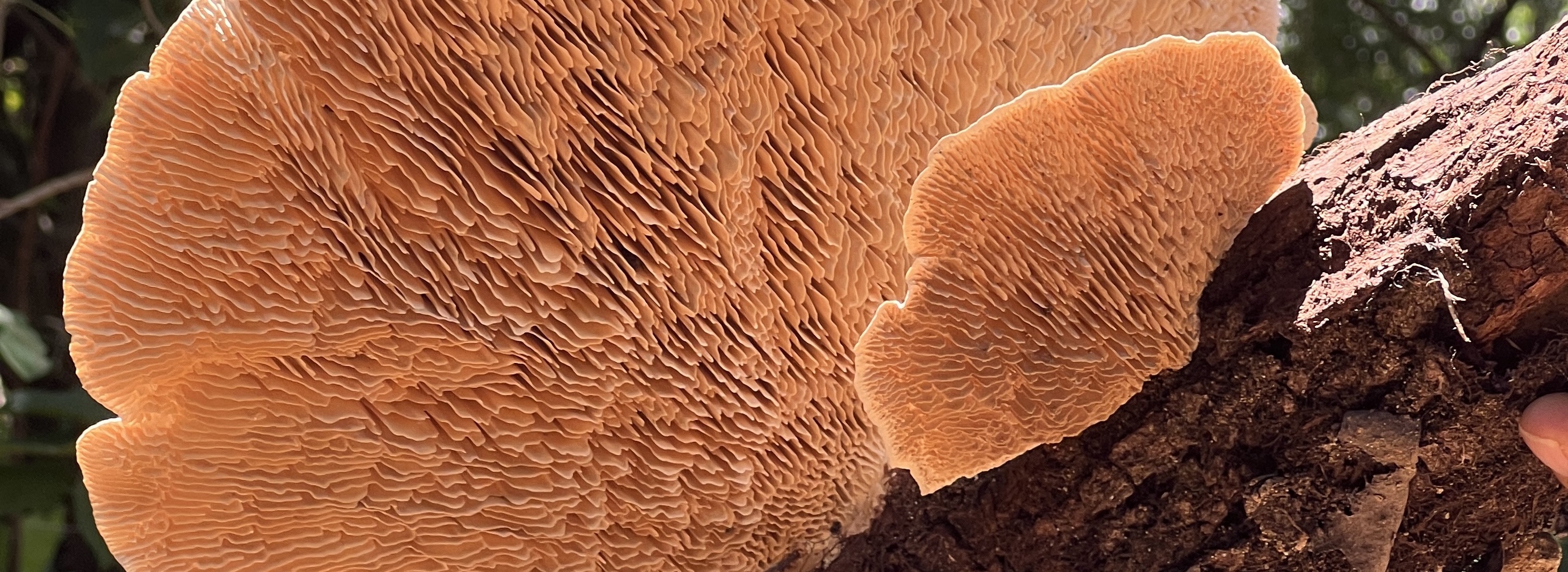
Monteverde Institute: Tropical Ecology and Conservation
Alternative Title
Territorialidad y comportamiento de cortejo en los machos Anartia fatima (Nymphalinae)
Files
Download Full Text (373 KB)
Publication Date
May 2001
Abstract
Chasing behavior in butterflies may be the result of territorial defense or simply the result of mate location. Such aggressive behavior is frequently observed in male Anartia fatima. It was hypothesized that older male Anartia fatima would be more aggressive than younger males, who have less to lose if they do not defend access to females. Behavioral observations were made on 38 males. Multiple regressions were run to see how age and ambient conditions affected the behavior of the males. Older males were found to be more aggressive and spend more time in courtship, but it could not be concluded that the aggressive behavior in Anartia fatima was ultimately a result of the need to defend a territory to gain access to females. It is more likely that "aggressive" behavior is actually chasing as part of mate location and courtship behavior. Any benefits a male receives from being inherently "aggressive" as a result of the demands of courtship are secondary. Temperature was the abiotic condition factor to exhibit the most significant impact on the behavior of males. Increasing temperatures tended to result in an increase in the amount of time a male spent off of his perch and an increase in the maximum distance between perches.
Resumen
Es posible que el comportamiento de persecución en mariposas sea el resultado de la defensa del territorio o de la localización de las compañeras. Este comportamiento agresivo fue observado frecuentemente en machos de Anartia fatima. La hipótesis fue que los machos viejos son más agresivos que los machos jóvenes. Las observaciones de comportamiento fueron hechas en 38 machos. Las pruebas de regresión múltiple mostraron como la edad y las condiciones físicas afectaron el comportamiento de los machos. Los machos viejos fueron más agresivos y pasaron más tiempo cortejando, pero no se puede concluir que el comportamiento agresivo en A. fatima es el resultado de territorialidad. Es posible que el comportamiento "agresivo" sea el resultado de la búsqueda de compañera y de cortejo. Cualquier beneficio que el macho recibe por ser inherentemente agresivo como resultado de sus demandas en cortejo, son secundarias. La temperatura fue el factor abiótico que exhibe el impacto más significativo en el comportamiento de machos. Un aumento en la temperatura da como resultado un aumento en el tiempo que el macho gasta en su percha y un aumento en la distancia máxima entre perchas.
Keywords
Butterflies--Behavior, Butterflies--Breeding, CIEE Spring 2001
Palabras claves
Mariposas--Comportamiento, Mariposas--Reproducción, CIEE Primavera 2001
Extent
13 pages
Geographic Location
San Luis (Puntarenas, Costa Rica)
Holding Location
Monteverde Institute
Language
English; Spanish
Media Type
Articles
Format
Digital Only
Identifier
M39-00059
Type
Book
Recommended Citation
Cristianne, Frazier, "Territoriality and courtship behavior in male Anartia fatima (Nymphalinae), May 2001" (2001). Monteverde Institute: Tropical Ecology and Conservation. 629.
https://digitalcommons.usf.edu/tropical_ecology/629


